Addiction Treatment Services
Broadlawns Medical Center is a resource for individuals seeking treatment services for substance related addictive disorders. Outpatient treatment includes the following services: individual counseling, group counseling, educational programming, and referral resources. Our emphasis is in providing treatment for those who have a mental illness as well as substance abuse (ie: co-occurring) related needs.
New Connections
New Connections provides integrated substance abuse and mental health treatment for body, mind and community. New Connections employs a nationally recognized, evidence-based, interactive curriculum to help individuals discover their strengths, gain confidence, and learn skills to help individuals overcome their dependence on alcohol or other drugs. Our goal at New Connections is to help individuals create better quality of life through integrated treatment focused on stopping the abuse or dependence of alcohol and other substances
New Connections explores the daily challenges of living with co-occurring substance use and mental health disorders while offering the opportunity to develop appropriate tools for:
The decision to seek treatment for substance abuse and mental health is rarely easy. The first step towards success is to call New Connections at (515) 282-6610.
New Connections Providers
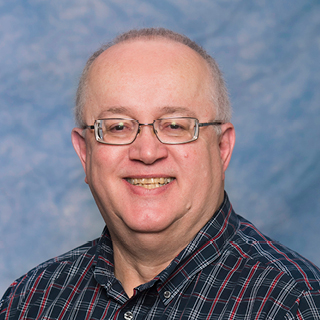 Steve Clinkscales, CADC
Steve Clinkscales, CADC
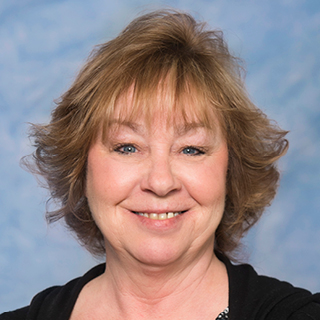 Patricia Haunsperger, CADC
Patricia Haunsperger, CADC
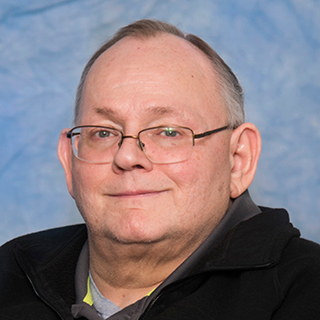 Fred Knapp, IADC
Fred Knapp, IADC
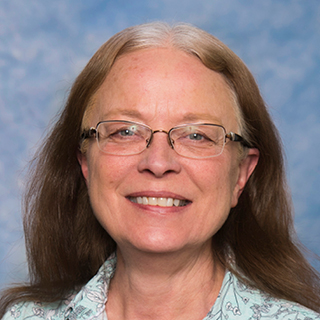 Sally Selover, IADC
Sally Selover, IADC
Medication Assisted Treatment (MAT)
Medication Assisted Treatment (MAT) is the use of medication, in combination with counseling and behavioral therapies, to provide a whole-patient approach to the treatment of substance abuse disorders. MAT is clinically driven with a focus on individualized patient care. In the United States, MAT has been shown to be a particularly effective treatment approach for alcohol dependence and opioid dependence.
As part of a comprehensive treatment program, MAT has been shown to:
-
Improve survival
-
Increase retention in treatment
-
Decrease hepatitis and HIV seroconversion
-
Decrease criminal activities
-
Increase employment
-
Improve birth outcomes with perinatal addicts
Please consult with your counselor and/or physician regarding the benefits of medication-assisted treatment to see if it is an option for you.
MAT Providers
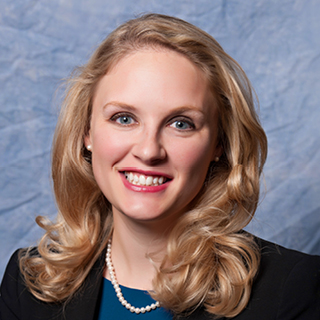 Michelle Davids, DO
Michelle Davids, DO
 Charles Wadle, DO
Charles Wadle, DO